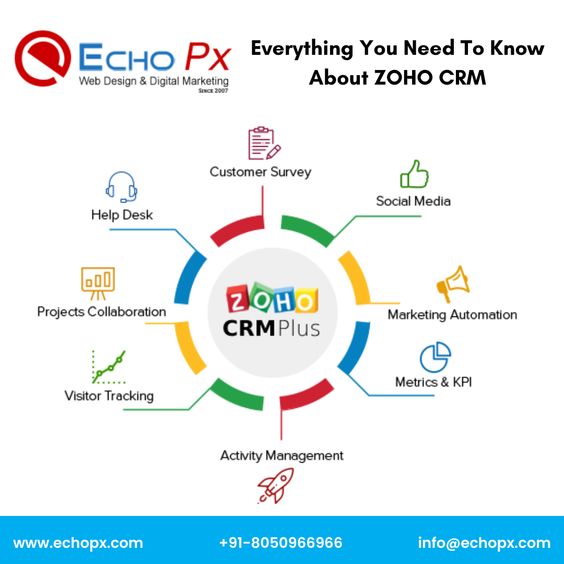
CRM Trends Shaping the Future of Sales and Marketing
Customer Relationship Management (CRM) systems have become indispensable tools in the arsenal of modern sales and marketing professionals. As technology advances and customer expectations evolve, CRM systems are also transforming to meet these new demands. Here, we explore the key trends in CRM that are shaping the future of sales and marketing.
1. AI and Machine Learning Integration
Artificial Intelligence (AI) and machine learning are revolutionizing CRM systems by providing deeper insights and automating routine tasks. AI-driven analytics can predict customer behavior, identify high-value leads, and suggest the best times to engage with prospects. Machine learning algorithms improve over time, enabling CRM systems to offer more accurate sales forecasts and personalized marketing strategies.
2. Enhanced Customer Experience (CX)
The focus on customer experience is intensifying. Modern CRMs are designed to provide a 360-degree view of the customer, integrating data from multiple touchpoints such as social media, email, and customer service interactions. This holistic view enables businesses to deliver highly personalized experiences, anticipate customer needs, and resolve issues more efficiently. Improved CX not only boosts customer satisfaction but also drives loyalty and repeat business.
3. Omnichannel Integration
Customers now interact with brands across various channels—websites, social media, mobile apps, and physical stores. CRM systems are evolving to integrate these channels, ensuring a seamless and consistent customer experience. Omnichannel CRM solutions enable sales and marketing teams to track customer interactions across all platforms, providing valuable insights into customer preferences and behaviors.
4. Mobile CRM
The rise of remote work and the increasing use of mobile devices have made mobile CRM solutions more critical than ever. Sales and marketing professionals need access to CRM data on the go to stay productive. Mobile CRMs offer robust features like real-time notifications, mobile-optimized interfaces, and the ability to update customer information on the fly, ensuring that teams can work effectively from anywhere.
5. Data Privacy and Security
With the growing importance of data in sales and marketing, ensuring its security and privacy has become paramount. CRM systems are incorporating advanced security measures to protect sensitive customer information. Compliance with regulations such as GDPR and CCPA is a major focus, as businesses must safeguard data to maintain customer trust and avoid legal repercussions.
6. Automation and Workflow Management
Automation is a key trend driving efficiency in sales and marketing. Modern CRMs are equipped with tools that automate repetitive tasks such as data entry, follow-up emails, and lead nurturing. Workflow management features streamline processes, allowing teams to focus on high-value activities. Automation not only saves time but also reduces the risk of human error.
7. Integration with Other Tools
CRMs are no longer standalone systems. They are increasingly integrated with other business tools such as email marketing platforms, social media management tools, and e-commerce systems. This integration allows for a more cohesive approach to managing customer relationships and ensures that all customer-related data is centralized, up-to-date, and easily accessible.
8. AI-Powered Chatbots
AI-powered chatbots are becoming a staple in CRM systems, providing instant customer support and enhancing engagement. These chatbots can handle a wide range of customer queries, offer product recommendations, and even assist in the sales process. By integrating chatbots with CRM, businesses can ensure that customer interactions are logged and analyzed, providing valuable data for future marketing and sales strategies.
9. Predictive Analytics
Predictive analytics is transforming how businesses approach sales and marketing. By analyzing historical data, CRM systems can forecast future trends, identify potential challenges, and uncover new opportunities. Predictive analytics helps businesses make informed decisions, optimize their strategies, and stay ahead of the competition.
10. Customer Feedback Integration
Incorporating customer feedback into CRM systems is becoming increasingly important. Modern CRMs allow businesses to collect and analyze feedback from various sources, including surveys, reviews, and social media. This feedback is crucial for understanding customer satisfaction, identifying areas for improvement, and developing products and services that better meet customer needs.
Conclusion
The future of sales and marketing is being shaped by innovative CRM trends that enhance efficiency, improve customer experiences, and drive business growth. As technology continues to evolve, CRM systems will become even more integral to the success of sales and marketing efforts. Businesses that embrace these trends will be better positioned to meet customer expectations, foster loyalty, and achieve sustained success in a competitive marketplace.